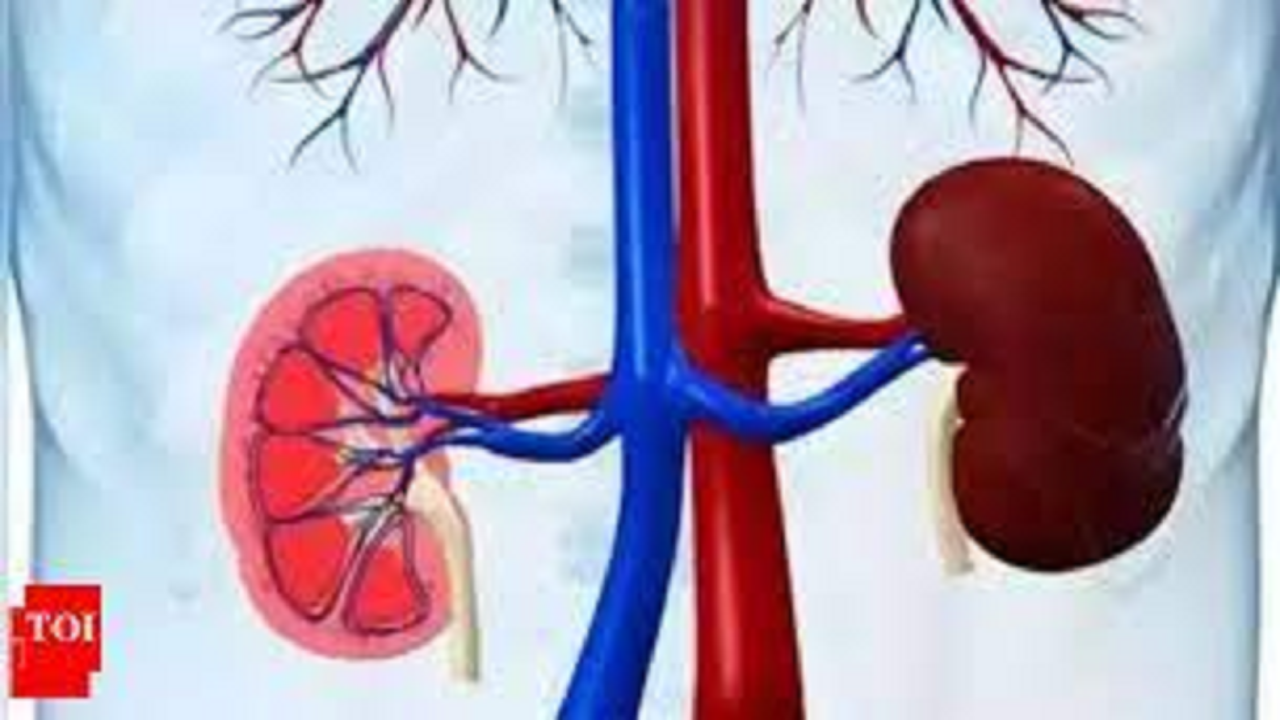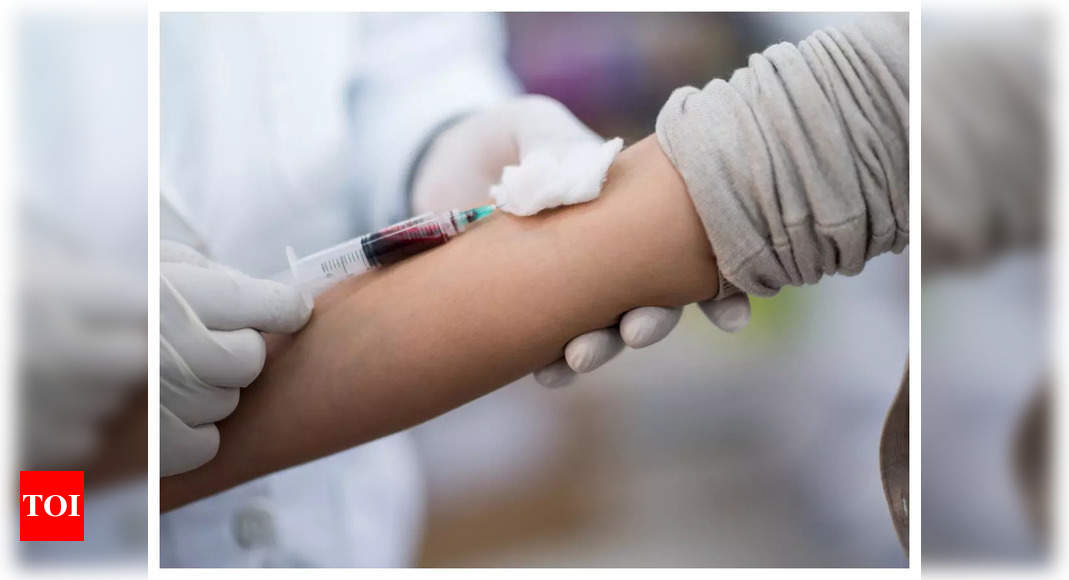Are KFT and LFT blood tests enough to assess your liver and kidney health? – Times of India
Kidney Function Test (KFT) and Liver Function Test (LFT) are simple blood tests that are supposed to tell us about the proper working of our kidneys and liver respectively. But they do not tell the whole story. Dr. Alka Bhasin, Senior Director, Nephrology & Kidney Transplant, Max Smart Super Speciality Hospital, Saket explains, “KFT and LFT alone are insufficient to establish healthy kidney and liver function. Additional investigations are required such as urine analysis, microscopy, ultrasound abdomen, INR, ammonia level, fibroscan of liver.”
Dr. Anup Gulati, Director Urology and kidney Transplant, Fortis Escorts Faridabad shares, “These tests are just the preliminaries based on which we can go for further diagnostic tests to find out the precise cause of the deranged kidney and liver function.”
Dr. Bhupendra Gandhi, Mentor & Consultant, Renal Sciences, HN Reliance Hospital further adds that these blood tests are reasonably good, but they help mostly when kidney disease has reached an advanced stage; for early stages of kidney disease this estimation does not help.

More accurate kidney test
Other than the KFT and LFT as a preliminary investigation, we require ultrasound of the whole abdomen and urine test. Based on the above reports we should do the directed test such as CT scan or DTPS scan or any other further specialized tests for kidney and liver depending on the suspected pathology, says Dr Anup.
Most accurate way to judge the health of kidneys is to estimate the Glomerular Filtration Rate (GFR). It is a calculation based on the age of the patient, his/her weight, serum creatinine value and gender. The eGfR reflects the kidney’s filtering capacity as a percentage, adds Dr Alka.
1:10 people worldwide are estimated to have chronic kidney disease, which is approximately 850 million individuals. In India, there is an estimated 10-20% growth rate of the dialysis population per annum.
Should you get regular blood tests?
There is increased awareness today and a lot of people go for their regular blood tests to know if their stats are optimal. And a lot of times these check-ups also help doctors diagnose a disease before it reaches the high risk category. But is it ok to get these tests done without recommendation from doctors?
Whether one should or should not get regular blood tests is a tricky question, feels Dr Bhupendra. “Many a times we get blood tests without recommendation from a proper doctor. Sometimes it may detect early kidney damage which we are not suspecting. It is advised to get tested once a year and visit the doctor to discuss the reports. Since even if the reports seem normal, there could be some kidney issue.
Although a normal healthy person does not require very frequent tests but should get a urine routine, check blood pressure and regular appointment with a doctor once a year, especially those who are above the age of 30 and 40. Those with a family history of diabetes, high BP, kidney problems can get the tests done more frequently. Also it is important to note symptoms. Normally a patient with a kidney problem either will pass less urine or too much urine. They experience some burning while urinating, a sense of urgency or getting up at night frequently for urine. These are some of the early signs of kidney involvement, Dr Bhupendra further adds.
Dr Alka also feels regular tests can be very informative as a screening method for silent disorders such as kidney and liver disease. Random tests can be of help, very rarely would this information go waste. With limited access to physicians in this vast country, laboratory tests surely are a major contribution in establishing one’s health profile.
Things people need to know about kidney or liver diseases
One in 10 people has a kidney problem. And the commonest cause of kidney disease is high blood pressure and diabetes which is very prevalent. As you know India is getting a capital city award for diabetes and kidney disease is increasing or galloping very rapidly. So you should be careful about blood pressure and diabetes and detect it early. If you do not detect blood pressure or diabetes early, you make yourself prone to kidney failure or other associated problems like heart problem or stroke or kidney problem. When detected, you can prevent or postpone the inevitable by many, many years, concludes Dr Bhupendra.
For all the latest lifestyle News Click Here

